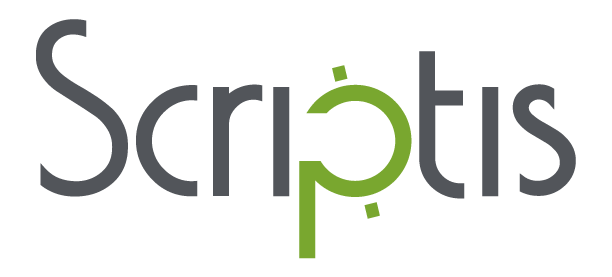Automotive translation: navigating the challenges
Automotive translation: navigating the challenges
Automotive translation presents a unique challenge: it combines the rigor of technical translation with the creativity of marketing translation. Scriptis specializes in automotive translations and includes many major car manufacturers in our client base. These clients rely on us for consistency, creativity, and confidentiality.
The importance of terminology
The auto industry is constantly developing new performance and safety features. Some may be unique to a particular manufacturer. Others will become standardized across the industry. Some safety features may eventually become required by regulatory bodies. Each new feature requires both technical terminology for communicating with manufacturers and branded terminology for communicating with consumers. While a similar feature might be offered by many different manufacturers, each may adopt a unique, brand-specific term to promote it.
Stay in your lane
Consider the safety features that prevent a driver from accidentally drifting out of their lane. Generic terms include:
Lane departure warning system (LDW)
Lane keeping assist (LKA/LKS)
Lane centering assist (LCA)
However, each manufacturer has adopted unique terminology to describe the features. Honda incorporates the feature in its Honda Sensing® suite, calling it Lane Keeping Assist System. Ford includes it as part of the Lane-Keeping System, distinguishing between Lane-Keeping Aid and Lane-Keeping Alert (note the hyphen). Audi calls it Active Lane Assist. Mitsubishi calls the overall system Mi-Pilot with Lane Keep Assist. The casual observer might not see much difference in these terms, but it’s essential to each manufacturer that they get used consistently.
Naturally, these distinctions will persist in the translations of the terms. For example, in Germany, BMW offers Spurführungsassistent, Ford calls it Fahrspurhalte-Assitant, and Volkswagen, Spurhalteassistent „Lane Assist“. Each of these is used consistently across each brand’s German-language content library.
Who decides on the translations?
Automotive manufacturers invest an incredible amount of effort and resources into the brand communications for every season’s new features. Finalizing terms is an iterative process, requiring discussion, negotiation, and an awareness of corporate strategy. Product planning teams merge regulatory and technical considerations with popular tastes to arrive at their brand-specific vocabulary. In the highly competitive automotive industry, secrecy surrounds the decision making process. The release of information is timed for maximum advantage.
As an extension of this process, translation of branded terminology into multiple languages also takes place in strict confidentiality. For our automotive clients, we provide consulting services to help regional product planning teams develop and fine-tune terms for a new language market. Our team remains sensitive to global differences; terminology developed for French speakers in Canada needs to be adjusted for French speakers in France or Belgium. Finally, in order to keep a potentially unwieldy number of stakeholders in line, our language leads and project managers have developed the additional skills of diplomacy and workflow (or project) management necessary to efficiently achieve consensus on key terms.
Translation memories and term bases
Although there are lot of generic automotive terms that are universally used by all manufacturers, maintaining the brand differences are essential. Once terminology has been established and agreed-upon, the Scriptis team uses client-specific translation memories and term bases. Translation memories are essentially databases of paired segments in the source and target languages. When content with an existing translation is updated, the translation memory helps identify and isolate the changes, saving money and time. The term base is used in conjunction with the translation memory to enforce consistent use of key terms. An automotive translator should never use the same translation memory for different clients.
The future of automotive translation
Among the industries served by Scriptis, the automotive industry is one of the most dynamic and rewarding. Keeping up with technical innovations in safety and performance features remains a constant challenge, and new developments in fuel-efficient and electric vehicles are on the horizon. No matter what happens next, our team is ready!
